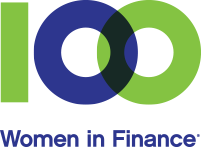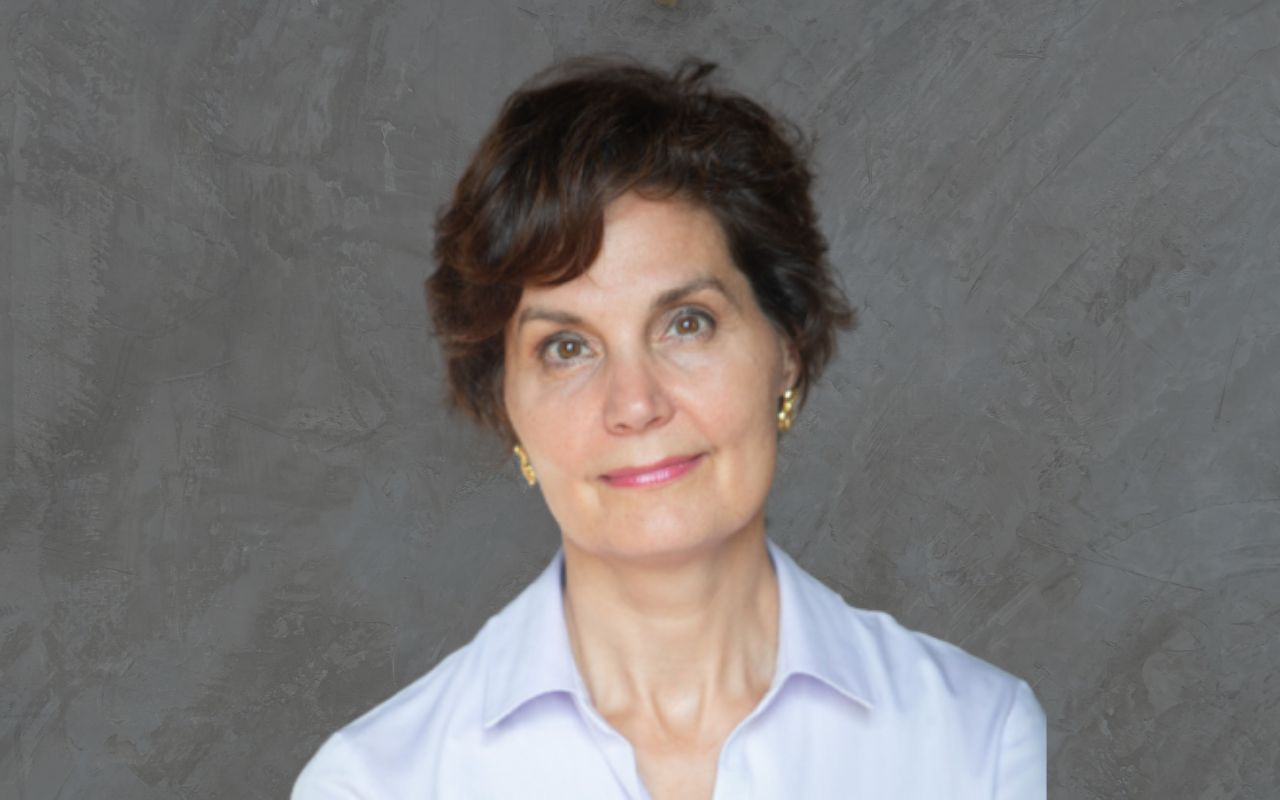Infrastructure bonds have the potential to be a dual-purpose investment that not only provide solid returns, but also improve the quality of people’s lives. That is at the heart of Susan Wisialko’s work, serving as the Founder and CIO of Global Infrastructure Finance (GIF). We recently had the opportunity to speak with Susan about the rewards and challenges of the field, what she’s learned along her journey, and some of the changes the industry has the potential to produce over the next decade and beyond.
To begin our conversation today, could you tell us a little about your firm and how you got to where you are today?
Global Infrastructure Finance is an independent, employee-owned firm comprised of experienced professionals with broad-ranging skills. We have identified a differentiated fixed income strategy for institutional investors which produces among the highest returns in fixed income. We focus on liquid (daily priced) bonds that support the development of infrastructure in emerging markets. These are corporate dollar bonds that may be: senior debt of the Colombian energy company, project financing bonds that support a toll road in Dominican Republic, an airport in India or an electricity power plant in Indonesia. A common trait in all these bonds is that they help to provide funding to improve the delivery of critical services which will contribute to the growth of local EM economies. Emerging Markets, by definition, have greater growth needs than developed markets which suggests the opportunity for greater returns. In addition, our GP/LP structure adjusts for the trends in reduced market liquidity over time due primarily to developed market regulation. The liquidity we offer our investors is excellent compared with developed market private infrastructure debt investments. The return we expect is excellent compared with EM corporate debt and EM sovereign dollar debt.
After 30 years of US debt capital markets experience in both structured products and emerging market debt, I chose to focus on infrastructure bonds in emerging markets because the returns are great and we can help to improve the quality of a lot of people’s lives. How many people in the US investment industry can claim every day they go to work they are doing well and helping others? And still earning among the best returns in fixed income?
On par with the results our strategy can deliver, and the many people we can help, is the team I am honored to work with. True “class acts.” Effectively, we are a ‘GMO spin-out’ as my business partner who runs our firm ran pricing and corporate actions and a staff of 14 people. He is experienced managing external audits (auditors and the SEC) and was a member of the senior management team. He runs our company so I can focus on running the portfolio. We’ve also added a very senior marketing and business development professional who has run entire client relations, consultant relations and business development teams for large institutional asset managers. We are also fortunate to have a pipeline of talent who periodically checks in to see what opportunities they might have to join us. I do not expect any difficulty in growing the team to support the business. I’m very proud of that.
Your remarkable career has had a few clear pivot points where your trajectory changed dramatically. Now that you have the benefit of retrospect, and as they say, hindsight is 20/20, what, if anything, might you have done differently- knowing what you know now?
I wouldn’t have changed much because what I’ve done has made me who I am today. During my career journey, I never used a recruiter because typically somebody I knew offered me an opportunity to do something different. As a career it’s been rich and varied. I loved it because I’ve kept learning new things all along the way. From my first job when a woman I’d worked for in the American Express Financial Management Training Program went to Citibank’s Card Products Group and hired me to come and work for her there. I subsequently answered an ad in the WSJ for Standard & Poor’s, and joined their asset-backed securities group focused on consumer products. From there, I grew up with the US Structured products industry to be able to deliver an encore presentation of the “Top 10 Myths in Asset-Backed Investing” for the CFA Institute’s Annual Meeting. They liked it so much they turned it into a Conference Proceedings book that for a very long time was sold on Amazon books. My rating agency experience, where I managed the Asset-backed commercial paper group, led to a position where I marketed investments to institutional investors at Merrill Lynch. From there, I was invited to be the Managing Director and SVP at State Street where I had management and P&L responsibility for the asset-backed commercial paper conduit business. We doubled our commitment size in two years which was a pretty good accomplishment for a bank that didn’t’ have a lot of corporate lending relationships. We earned the respect and gratitude of our clients and of our investors. GMO hired me to be their Emerging Market Corporate Credit Analyst – a job, which I felt unqualified for at the time I accepted it. I told the team how I felt, assuming if I disclosed it, and it didn’t work out, I was covered. The PM who hired me, told me “we hire good people and let them figure out the job.” He ran the number one performing mutual fund in the US for many years and it was an emerging market sovereign dollar debt portfolio. How cool is that?
To return to your question, I am surprised by the great reluctance among institutional investors to be the initial funder of someone new and different. The career risk of hiring an emerging manager who fails to perform, or hiring a manager in a strategy that is differentiated or is focused on an underinvested segment of the market seems often too great a risk to take. Potential investors presume someone else is available for the purpose of funding these women, or other emerging managers.
You’re clearly established in what you do- as an investor and as a fundraiser, through your decades of experience in the industry. What has been surprising to you– and what has been disappointing, perhaps, but not altogether surprising- as you raise and manage funds under your own banner and not under one of a well-known firm? In your words, what dynamics change when the logo on your business card changes?
Most surprising to me is that “fixed income is special.” I didn’t realize that fixed income institutional asset managers have challenges that other strategies, like equities or PE or VC do not. For example, any fixed income asset manager must have a minimum of $50 million in AUM or the street won’t be able to trade with them, even if it’s a cash settled trade. It’s a compliance issue. This makes it a lot harder for fixed income strategies to launch.
Then there is the issue that some flagship emerging manager programs don’t even offer funding for fixed income strategies. For those programs, if you are investing in a public security, you need to offer a long-only equity strategy or be a hedge fund. These facts are not well known. Most institutional investors think the emerging manager programs are available for all emerging managers and this is not the case.
The other reason why, in my opinion, fixed income is special is because fixed income strategies can really move the needle if we want to increase the percentage of DEI managers from 1.4% of the $83 trillion in the US investment Management Industry cited by the Knight study. I understand Private Equity and Venture Capital have the largest percentage of DEI managers. They will never be able to significantly “move the needle.” They may invest a couple of hundred million per manager. And they will go off and invest that money over a long time period. In our strategy we could easily manage several billion dollars with a half a dozen employees. GMO ran $7B with 6 employees on the investment team. Fixed income can be a major part of the solution for more equitable asset management but it needs help to get there.
It needs emerging manager support.
You are a business owner and you’re the one calling the shots. What are some of TGIF’s core values and why. What can larger firms, investors and allocators learn from your core values?
We are driven to provide the best possible returns to our investors. We understand our people are our greatest asset. I create an atmosphere that empowers my people to become the best at what they do. I want everyone on staff on Sunday evening to say, “Awesome, tomorrow is Monday morning. I can’t wait to go to work!” I am jazzed up that people currently working elsewhere want to come and work for us.
In your view, what can the industry realistically change in the next 3 years? The next 10? The next 20?
I believe this depends on institutional investors and on incentives. Currently, there are zero incentives for institutional investors to truly support new managers, female managers in differentiated strategies. Performance will get you the conversation, but it will not drive the investment decision.
At the end of the day, institutional investors need to decide what kind of industry do they want? It’s very easy to say ‘no’ to new managers. Career risk is the giant elephant in the room. If an investor takes a risk on a new manager and it goes badly, they may fear they could be fired. Nobody will be fired for hiring a large, well-known firm. But then investors are less likely to get the best returns with those firms. So, I’d argue there is a responsibility of investors to trust their selection process and the outside help they rely upon to identify and allocate capital to managers most likely to perform in a manner consistent with their stated objectives, regardless of how many clients that manager has presently.
There may be a structural solution to this problem and it’s something we are currently noodling around.
Sometimes a business decision just needs to be made and new people given a chance. Maybe someone listening has the power to do this? All we need is capital to make the magic happen.
About Ms. Wisialko:
Susan Wisialko is the Founder and CIO of Global Infrastructure Finance, a Boston-based asset manager that invests in emerging markets infrastructure debt. Additional articles and information can be found on her profile via LinkedIn.
Ms. Wisialko founded Global Infrastructure Finance LLC to provide institutional investors with the strong, risk-adjusted returns of infrastructure debt across emerging markets. By investing in daily-priced, listed bonds that support infrastructure development in emerging markets, investors receive similar risk-adjusted returns of developed market, private infrastructure debt, with superior liquidity. Susan’s prior experience of eleven years as the Quasi-Sovereign/Infrastructure Analyst at a five-star Morningstar rated mutual fund (GMCDX) enables her to identify investment opportunities that she believes will provide persistently competitive returns among fixed income alternatives.
Susan is a well–respected industry expert and has been a speaker at many industry events, including: Proximo’s LATAM Energy and Infrastructure Project Finance Conference; EMTA’s EM Corporate Bond Seminars; the CFA Institute’s Annual Meeting; Bank of America’s and J. P. Morgan’s EM Corporate Credit Conferences, and Bank of America’s Great Debates Series in Washington D.C.
Susan graduated cum laude from Dartmouth College and earned her CAIA designation in 2021.

